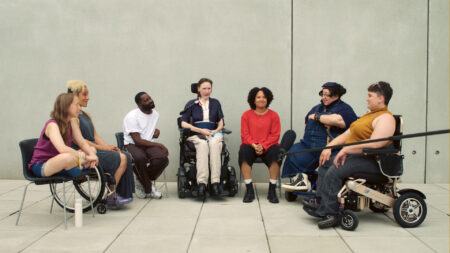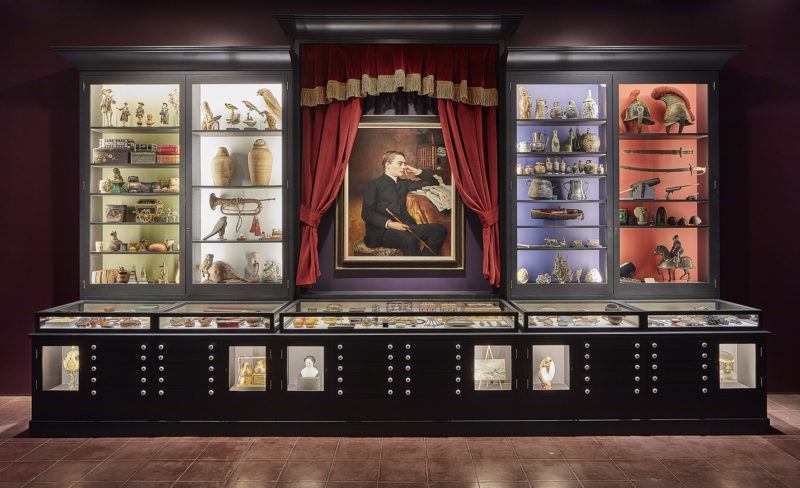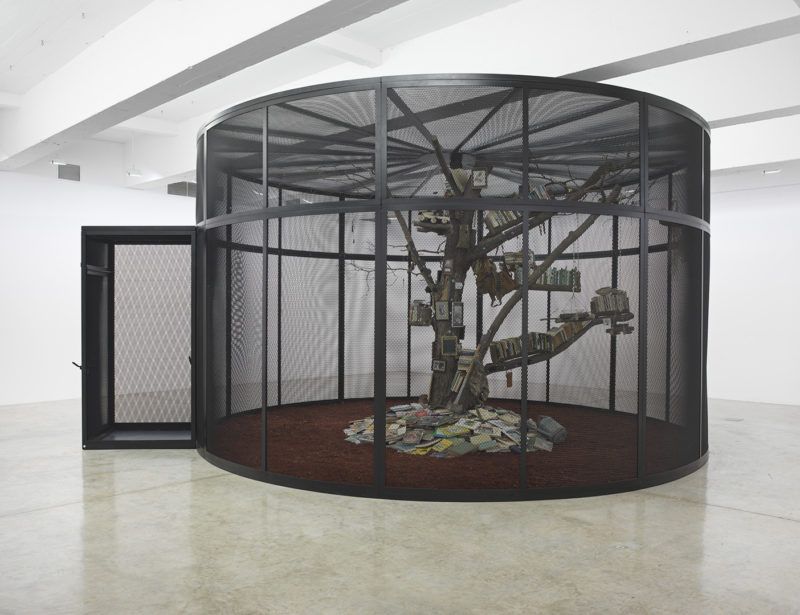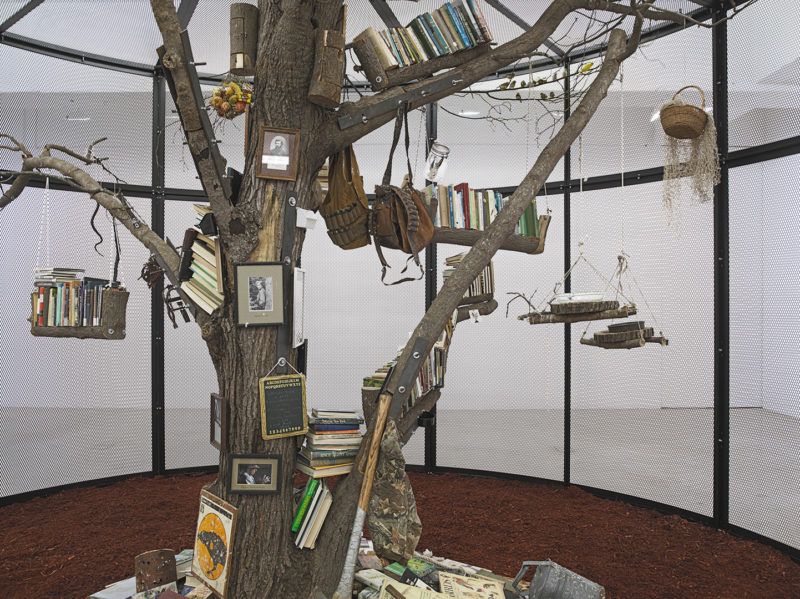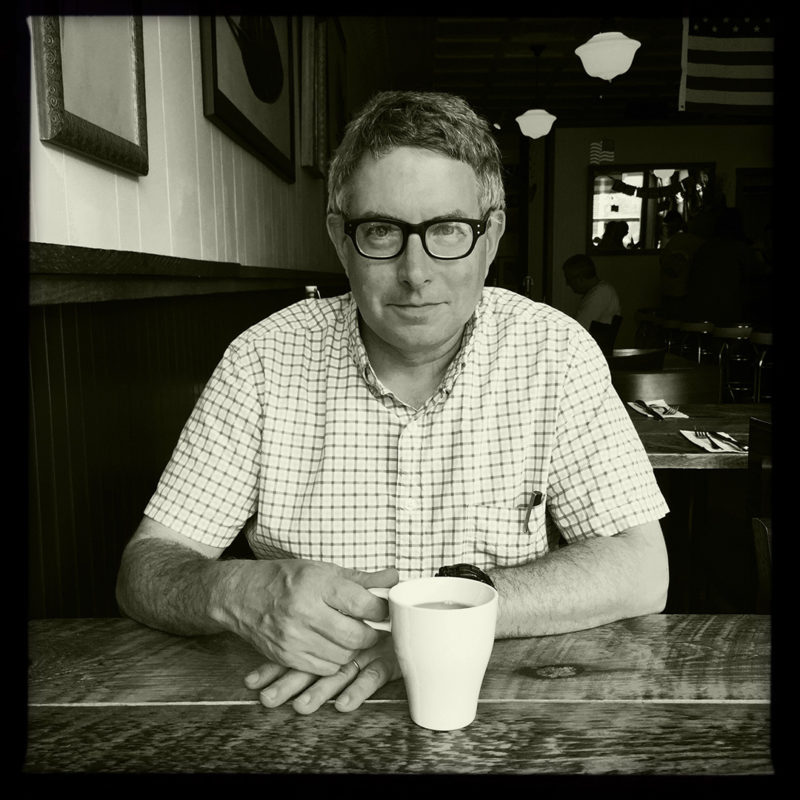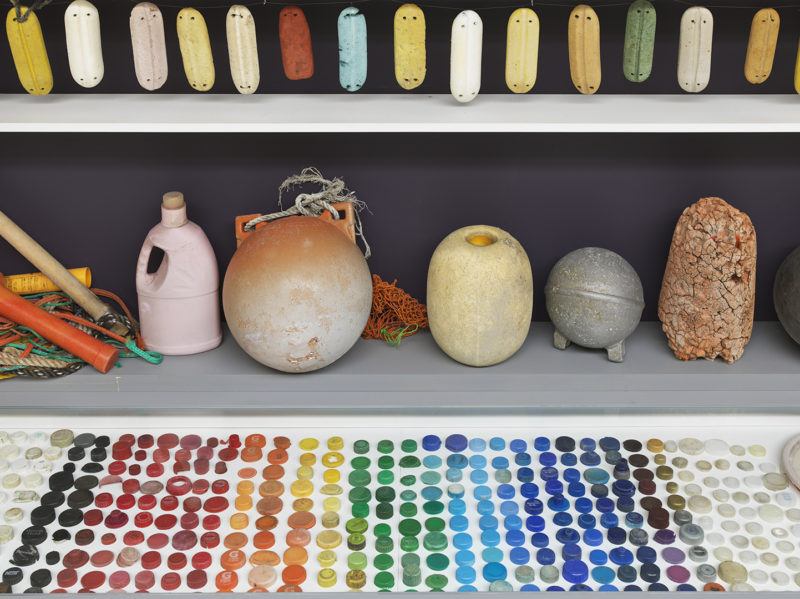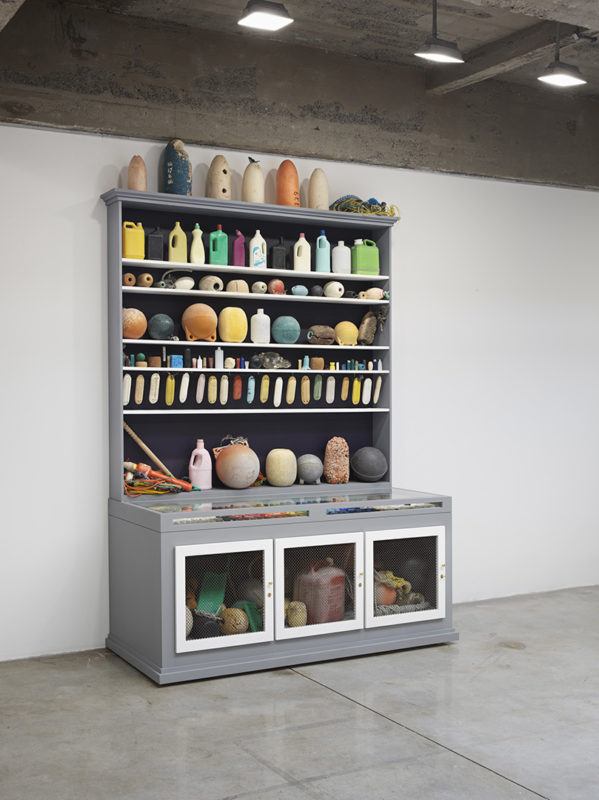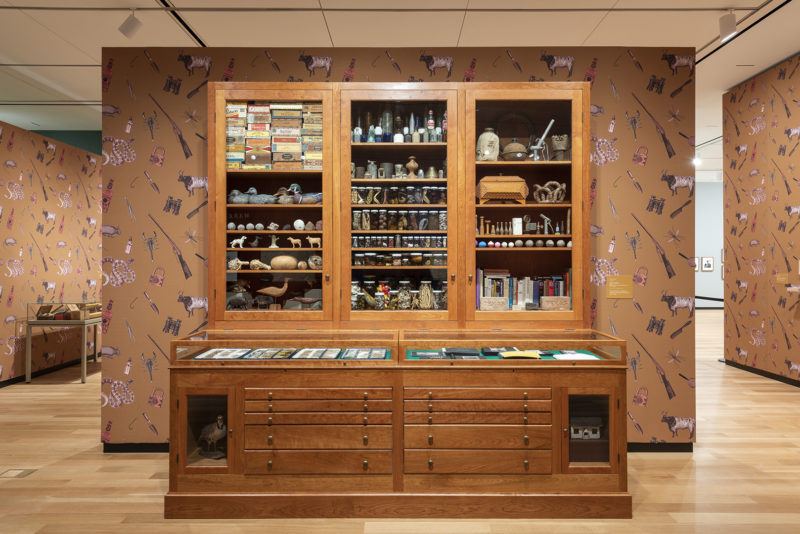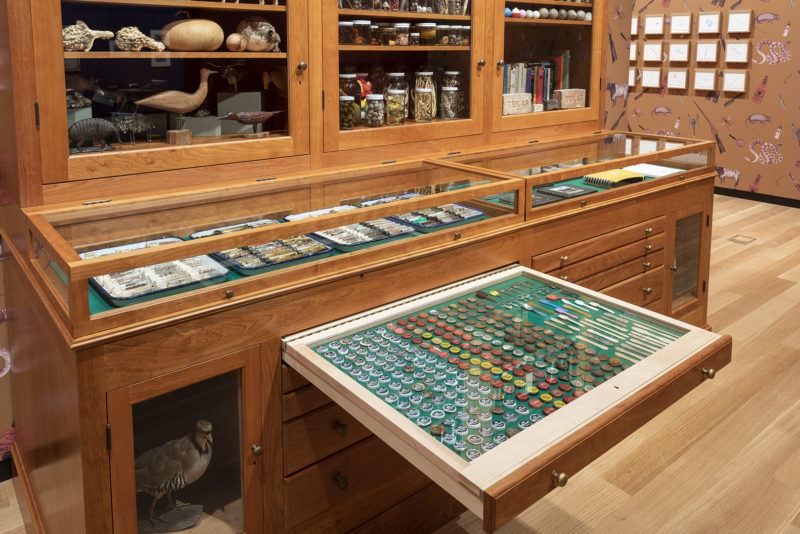Big Question
Who Decides What Stands for Nature?
Mark Dion confronts bias in representations of the natural world
Nature does not have a voice of its own. The institutions that claim to speak for nature—natural-history museums, television documentaries, scientific journals, popular magazines, conservation organizations—all declare to represent the official story of what gets to stand for nature. But this is really a vision of nature at a particular time for a particular group of people. As critical students of history, we can see time and time again that these representations are constantly evolving, fraught, and far from neutral and objective. I am struggling to untangle how ideology taints the representation of nature—to understand what assumptions, values, desires, fears, and hopes drive these depictions. I want to critically understand the various agendas embedded in these official stories. I think understanding this history of ideas is key to comprehending how we in the West have evolved a suicidal relationship to the natural world.
I have always been keen to explore the little lies that we tell ourselves to help mask the fact that we are animals and therefore intimately connected to nature. The denial of death hides the interconnectedness of things. Death, health, aging, deification, sex, and eating are all parts of our animal lives, which we cocoon with complex cultures of taboo and avoidance. These are healthy things to discuss and bring to the forefront rather than masquerade and cloak in ideology and shame. I think it is essential to reaffirm our animal nature since it is a necessary step in understanding ourselves as part of the natural world rather than outside of it.
For me, science provides the only plausible cosmological explanations for who we are and why we are here. I am very pro-science. However, the human experience is complex, and science has a precise and focused vocabulary that does not adequately articulate the social category of nature. There is a vast culture of nature, which is expressed in the fields of the humanities, sports, religious belief and sentiment, folk tradition, and aesthetics. It is not the job of science to frame all these discussions. Science is an essential part of the discussion, but farmers, hunters, gardeners, conservationists, poets, makers, and mystics also have a place in the conversation of what gets to stand for nature.
